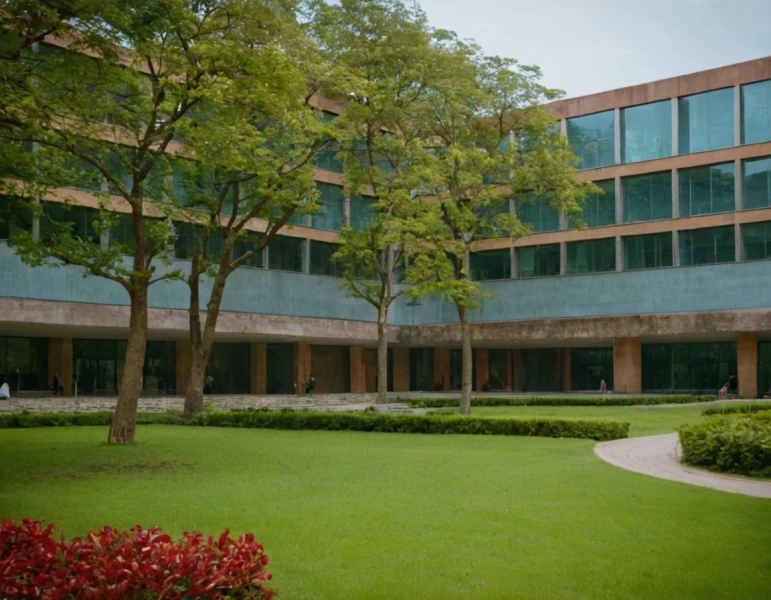Educa UNIVERSITY|SCIENCE AND ENGINEERING
School of Communication Sciences: My experience and what I have learned
Related Masters
School of Communication Sciences: My experience and what I have learned
If you had told me 20 years ago what the Faculty of Communication Sciences would mean in my life, I probably would have laughed. Today, after decades of experience, I understand that studying this career not only gives you technical tools, but transforms your way of understanding the world. If you are considering entering this fascinating universe, let me share with you my experiences and what it really means to be a communicologist.
What is the Faculty of Communication Sciences?
To begin with, the Faculty of Communication Sciences is much more than learning how to speak in public or write articles. It's about understanding how media, audiences, brands and society work. And yes, it also involves facing challenges such as audiovisual projects, marketing strategies, social campaigns and even managing intercultural conflicts.

At institutions such as UNAM or BUAP, the career offers robust academic plans, which include subjects such as:
- Semiotics (yes, that thing about interpreting signs and meanings)
- Audiovisual production (prepare your early mornings editing videos)
- Market research (bring out the Sherlock in you)
Graduates not only end up knowing how to communicate; they leave with a strategic vision that applies in sectors such as advertising, journalism or organizational communication.
My time at the university
Ah, the university years!. I remember entering the building for the first time with a mixture of nerves and excitement. Throughout my career, I learned that communication is a powerful weapon that, when used well, can transform entire societies. But I also discovered that being creative is not enough; you need discipline, curiosity and analytical skills.
A crucial moment was when I participated in the production of my first documentary. It was weeks of hard work, but I learned more about storytelling and human empathy in that project than in years of classes.
Also, universities like BUAP stand out for their focus on interculturalism, which broadens horizons and teaches how to communicate in a diverse world.
Why study Communication Sciences?
If you are hesitating, here are some good reasons:
Job Versatility: Communicologists can work in digital media, advertising agencies, audiovisual production companies and human resources departments. According to recent data, 95% of graduates find jobs related to the career.
Social impact: You are in a unique position to generate positive change through educational campaigns or informational strategies.
Soft skills development: Empathy, teamwork and the ability to manage conflicts are part of the package.
Creativity with purpose: Whether you engage in political campaign design or audience analysis, your work will always have a personal touch.
Myths and realities of the career
Some people think that Communication is "easy" or that it "has no future". Let me bust those ideas in one fell swoop.
Myth 1: "You only learn to speak well."
- Reality: Speaking well is just the tip of the iceberg. You'll learn to analyze cultural phenomena, handle technological tools and create impactful strategies.
Myth 2: "It's a career without math."
- Reality: Market research and digital metrics will have you calculating more than you imagine.
Myth 3: "It's only for extroverts."
- Reality: Some of the best communicologists I know are introverts who know how to listen and analyze before they act.
Conclusion
The School of Communication Sciences is not just a place where you study; it is a springboard to a professional life full of challenges and rewards. If you decide to enter, a world awaits you where ideas, creativity and strategy meet to change realities. You decide whether you will be the spectator or the protagonist of those stories.
And remember, communication is not just about transmitting messages; it's about understanding how to make people listen.
Faculties
Trainings
The faculties embrace diverse academic disciplines and fields of study, opening doors to new perspectives and exploring different spheres of wisdom in a constantly evolving world.














